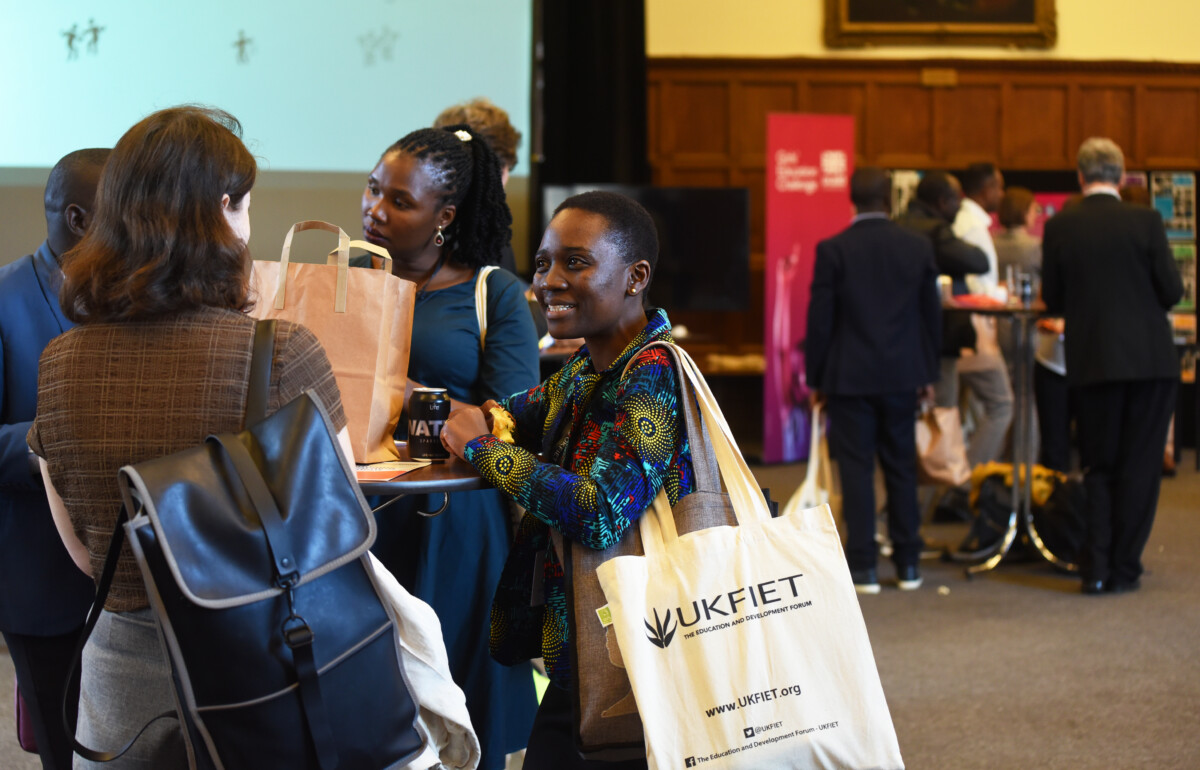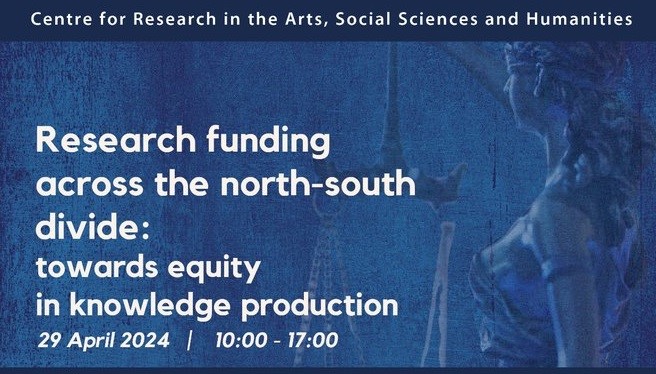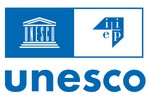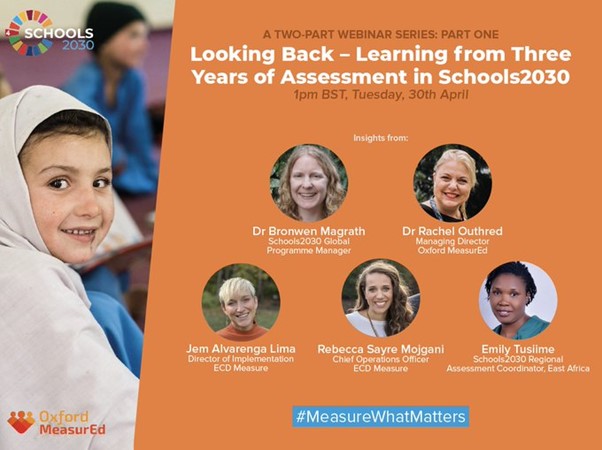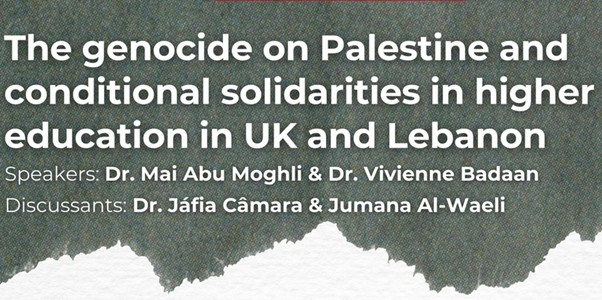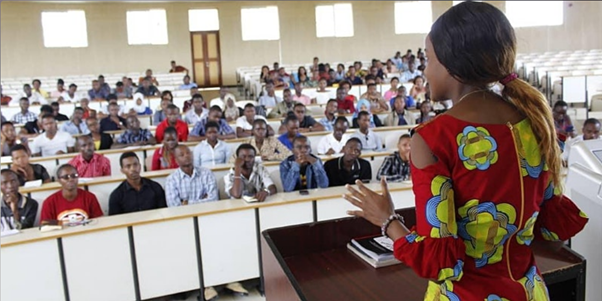
10-11.30am BST Wednesday 21 April 2021
A new approach to gender responsive pedagogy in low-resource higher education settings is improving learning outcomes for women graduates
About this Event
Women’s participation in higher education is a major concern in many regions of the world. But while enrolment from women is steadily improving, it masks a significant problem: classroom spaces and campuses often don’t provide supportive environments for women and men to learn together.
By not considering gender within teaching methods, universities risk constraining women’s participation and interaction in class, and limiting their opportunities to learn.
Taking a gender responsive approach to the planning and facilitation of teaching and learning processes can help universities address the needs of both male and female learners. However, existing research on gender responsive pedagogy is often focused on either Northern education systems or on primary and secondary education.
This webinar presents a new approach to developing sustainable gender responsive pedagogy within higher education institutions in low-resource or low-infrastructure environments.
Presenters from institutions across the Transforming Employability for Social Change in East Africa (TESCEA) partnership, will share learning from the co-development and pilot of a new gender responsive pedagogy framework across four East African Universities (Uganda Martyrs University and Gulu University in Uganda, and University of Dodoma and Mzumbe University in Tanzania).
Speakers
Professor Flora Fabian, University of Dodoma
Simon Esibo Omada, Uganda Martyrs University
Mai Skovgaard, Programme Specialist, INASP
About Transforming Employability for Social Change in East Africa (TESCEA)
Due to end in September 2021, TESCEA is supported by the FCDO-funded SPHEIR programme, and brings together four universities – Uganda Martyrs University, Gulu University, University of Dodoma and Mzumbe University – two supporting organisations in Kenya – Ashoka East Africa and the Association for Faculty Enrichment in Learning and Teaching (AFELT), and INASP in the UK.
TESCEA uses a rigorous methodology of curriculum redesign to strengthen the ability and motivation of lecturers to deliver student-focused teaching – helping students learn how to think, not what to think. The TESCEA model focuses on critical thinking, problem solving, negotiation and relationship development – and ensuring that gender responsiveness is woven through each curriculum redesign component.
About INASP
INASP (International Network for Advancing Science and Policy) is an international development organisation working with a global network of partners in Africa, Latin America and Asia. INASP believes that contributing to stronger and more equitable ecosystems will enable and empower knowledge producers and users to address key development challenges and improve lives. To realize this potential, we work in partnership to strengthen the capacity of individuals and institutions to produce, share and use research and knowledge, in support of national development.

